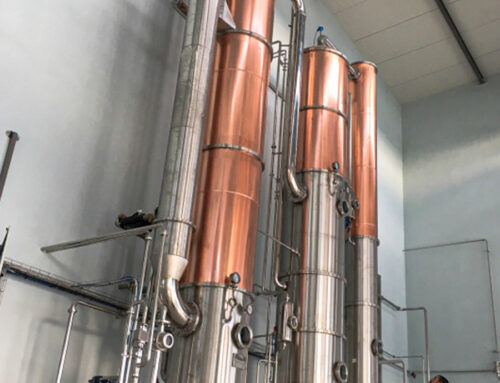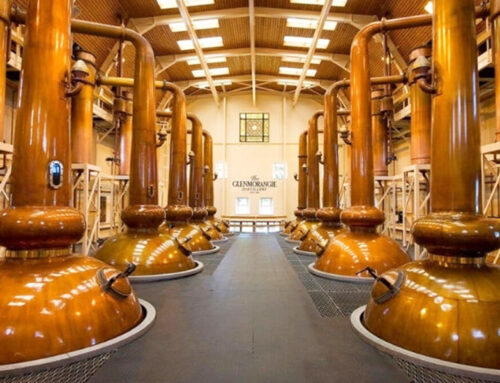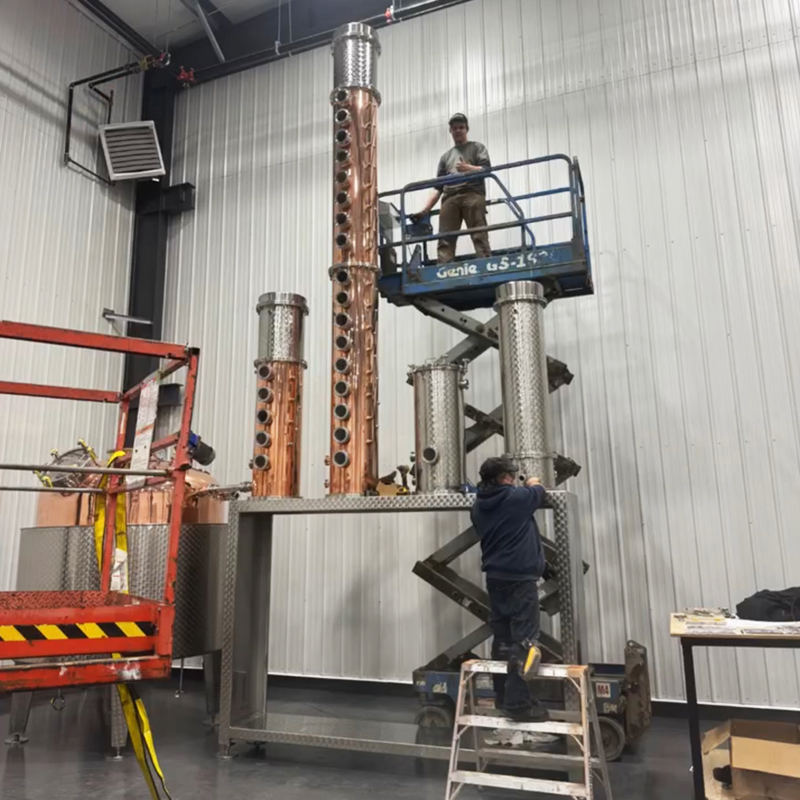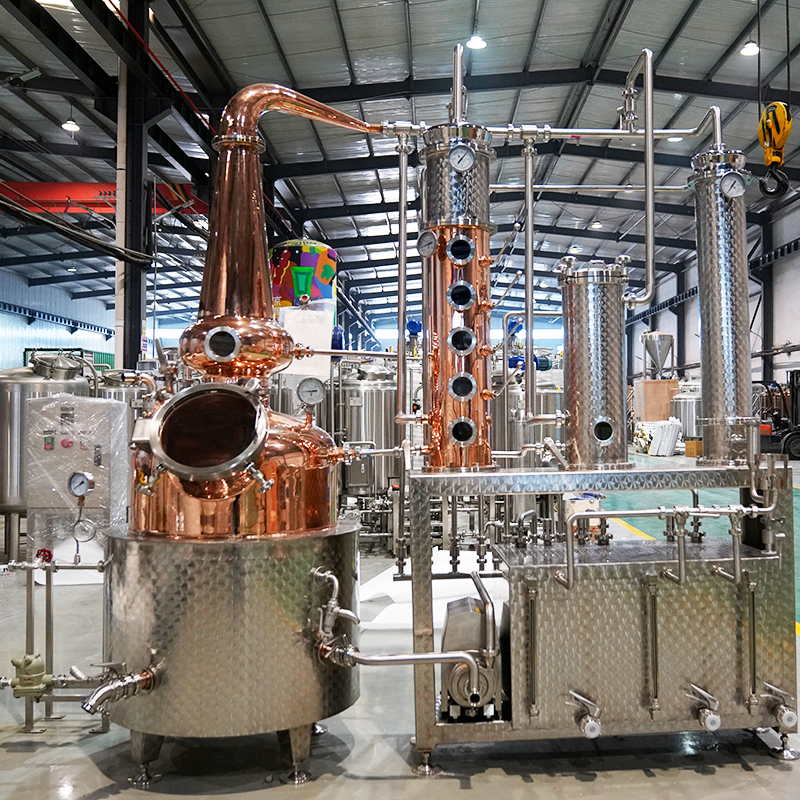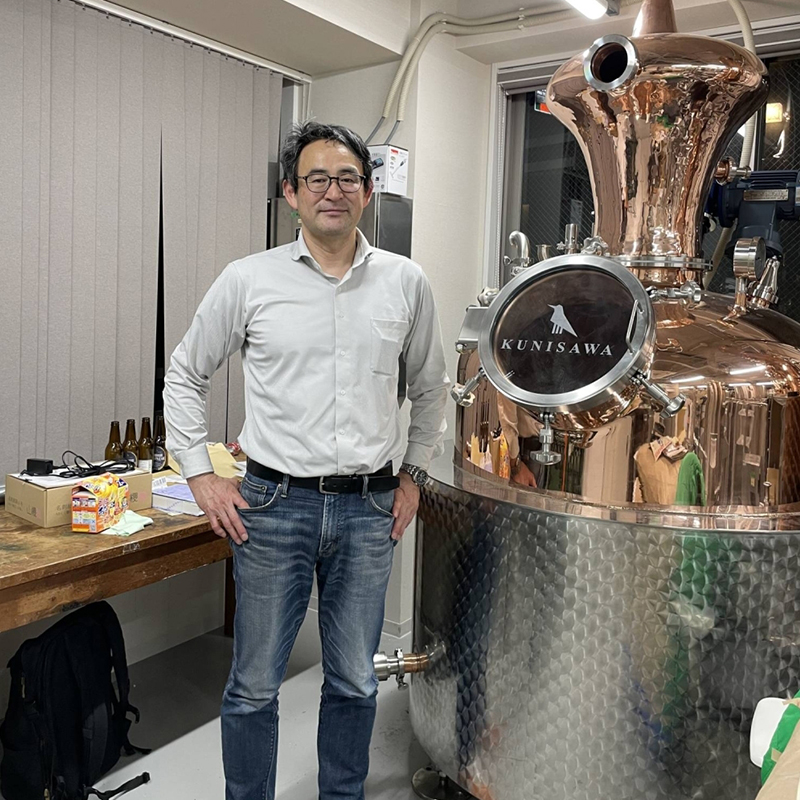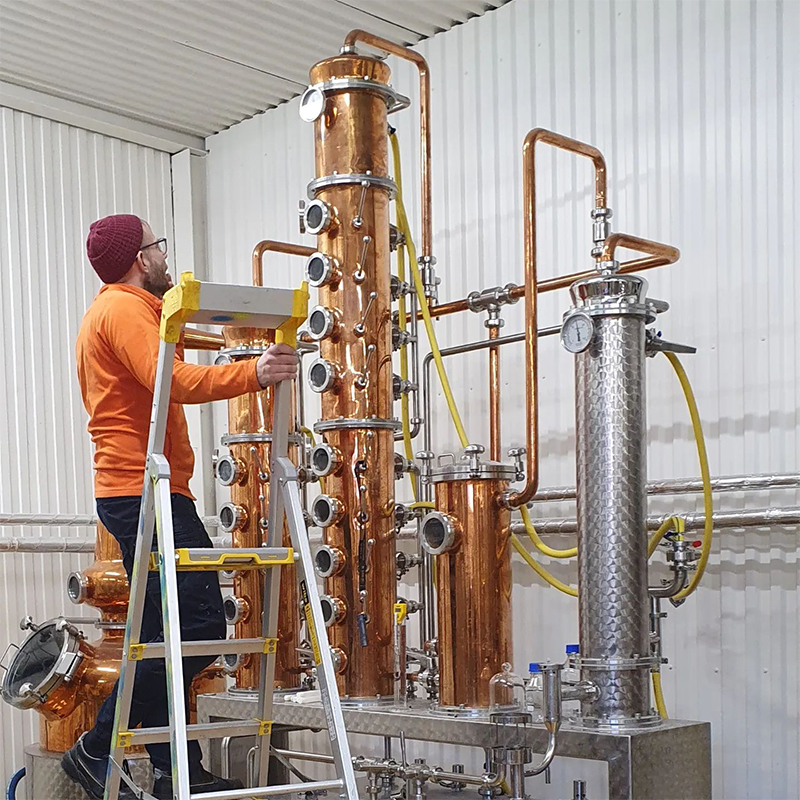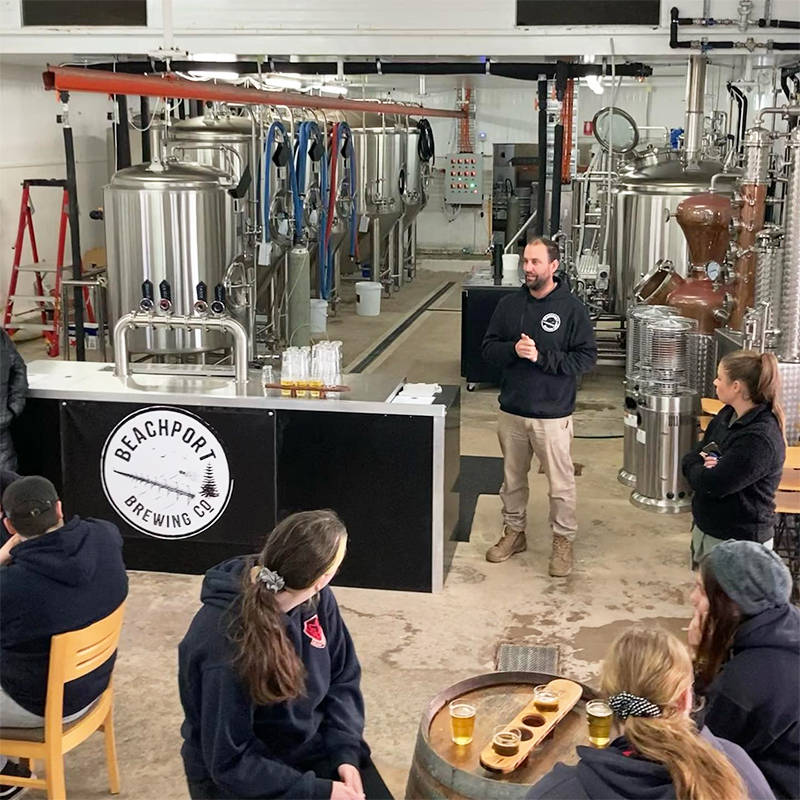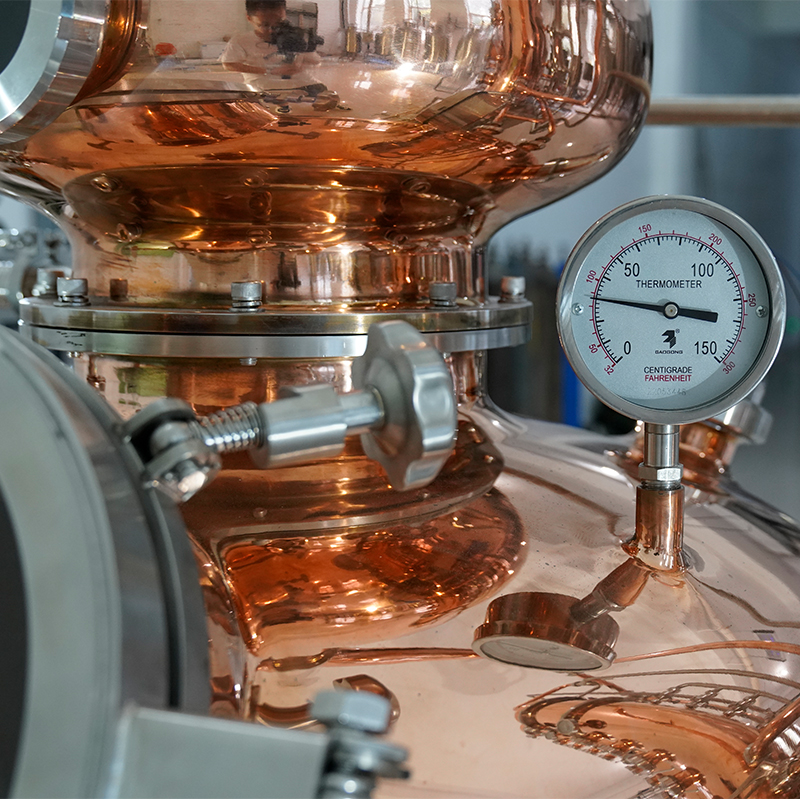
What is the role of temperature control in distillation columns?
Temperature control is a critical factor in the operation of distillation towers, significantly impacting their efficiency, energy consumption, and overall economic viability. Distillation is a widely used separation process in chemical and petrochemical industries, where mixtures are separated based on differences in boiling points. Here, we delve into the importance, techniques, and benefits of effective temperature control in distillation towers.
Importance of Temperature Control
Temperature control is essential for achieving high separation efficiency in distillation columns. By precisely managing temperatures at various stages of the column, operators can enhance the vapor-liquid equilibrium, improving the separation of components with similar boiling points. This precision leads to higher product purity and reduces the energy required for separation, thus optimizing the process economics.
Components of Temperature Control Systems
Effective temperature control systems in distillation columns comprise several key components:
Temperature Sensors: Placed at strategic points within the column, these sensors monitor temperatures continuously.
Temperature Controllers: These receive input from the sensors and regulate heating or cooling mechanisms.
Actuators: These adjust valves and heating elements based on signals from the controllers, maintaining optimal conditions for separation.
Together, these components form a closed-loop system that ensures consistent and precise temperature regulation throughout the distillation process.

Benefits of Temperature Control
Improved Separation Efficiency: Precise temperature control enhances the separation of components, leading to higher product purity.
Energy Savings: Efficient temperature management reduces the energy required for distillation, lowering operational costs.
Increased Production Efficiency: By maintaining optimal conditions, distillation columns can achieve higher yields of valuable distillates, such as gasoline and diesel, while minimizing by-products.
Enhanced Operational Stability: Effective temperature control minimizes fluctuations in the distillation process, ensuring consistent product quality and reducing the risk of operational disruptions.
Temperature control is pivotal in the operation of distillation columns, affecting their efficiency, energy consumption, and overall economic viability. Implementing advanced control strategies and leveraging technological innovations can lead to higher yields, improved product quality, and reduced environmental impact. As temperature control systems continue to evolve, they drive improvements in distillation processes, making them more efficient and sustainable.

